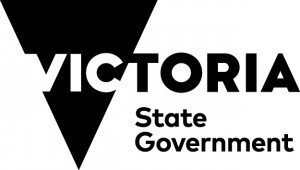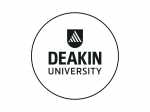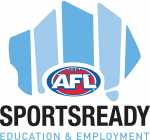By Paul Oliver
In a fast changing, ever-evolving Australian sporting environment which is being impacted by online and technological progress, globalization of competitions and massive incentives to perform, sport is being bombarded by unprecedented challenges from many directions.
The pressure to succeed at younger ages from parents, coaches and sporting clubs and an unhealthy fear of failure is resulting in a ‘win at all costs’, ‘whatever it takes’ attitude that has enveloped modern sport at all levels and has led to some recent prominent integrity issues.
While stronger laws, good governance, codes of conduct and sanctions are powerful guides and deterrents – they are only half the equation. In sport, where performance, competition, ethics and values collide on a regular basis, making the right decision is not always straightforward – as such, many people still continue to transgress.
One of the first steps to engaging people in the decision making process on integrity issues is to understand their attitudes on what sport means to them and why they participate, and how they consider values such as fairness, honesty and sportsmanship - as these offer the strongest anchor on attitudes, and subsequently, behavioural choices.
We can do this by having a more thorough discussion about how athletes, coaches and administrators can live and perform in a way where they are ‘true’ to themselves and their sport; what the price is if we seek to win at all costs, and; why the concept of ‘fair sport’ ought to be protected. It is in this space where we start to explore personal ethics.
In essence, ethical decision making is a process that involves building awareness of ‘ethical content’ such as values, principles and beliefs about your defining purpose and an understanding of your own morals to guide your choices and actions.
Making good ethical decisions requires a trained sensitivity to ethical issues and a practiced method or framework for exploring the ethical aspects of a decision and weighing the considerations that should impact your choice of a course of action.
In the Safeguarding the Integrity of Sport forums, organised by Play by the Rules and currently being held across the nation, participants are confronted with choice and dilemma situations where right and wrong isn’t so clear in which they need to evaluate, discuss, debate and decide their course of action. They are provided with an Ethical Decision Making Framework to help guide their choice.
A complete approach to safeguarding the integrity of sport requires a mix of personal responsibility, deterrence and accountability through laws, codes, policies and sanctions. It also requires an element of education and support - to help build the capacity of people to make the right choices through awareness of ethics and ethical decision making.
This can help people convert their decisions into actions that mirror who they are, what they believe in and what they want their sport to represent.
Paul Oliver is the Director of Oliver &; Thompson Consultancy currently working with Play By The Rules on integrity in sport strategies.
You may also be interested in...
Sport Environment Alliance - #SEASummit2019

Following on from the success of our last two #SEASummits, Sport Environment Alliance are proud to be hosting their 3rd annual #SEASummit in 2019!
Calisthenics Victoria Good Governance Case Study
By Brigid Curran “CVI Continues on our pathway to Good Governance and this is in no small way thanks to the assistance of Vicsport
Community sport benefits from AFL mega-deal

How grassroots sport reaps the rewards from from Government/AFL agreement.


























